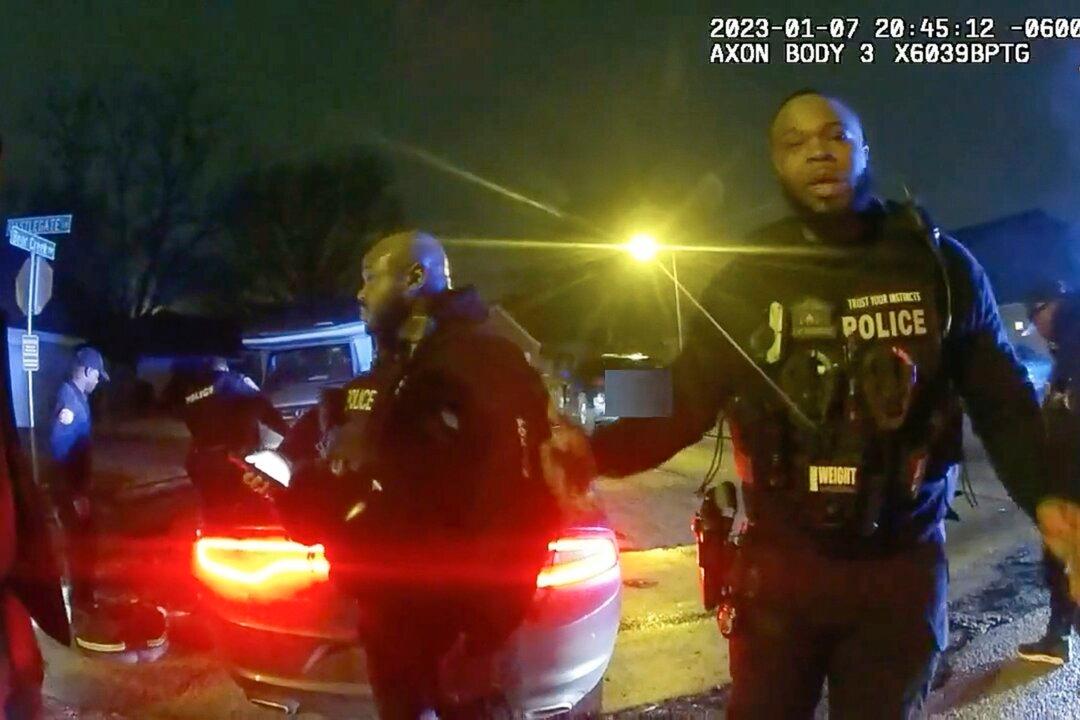Police in Memphis will no longer be able to make pretextual traffic stops after city officials voted on April 11 to end them.
The Memphis City Council voted unanimously to pass the Driving Equality Act in Honor of Tyre Nichols, named after the 29-year-old black man who died in the hospital on Jan. 10, three days after a violent encounter with five Memphis police officers during a traffic stop.




